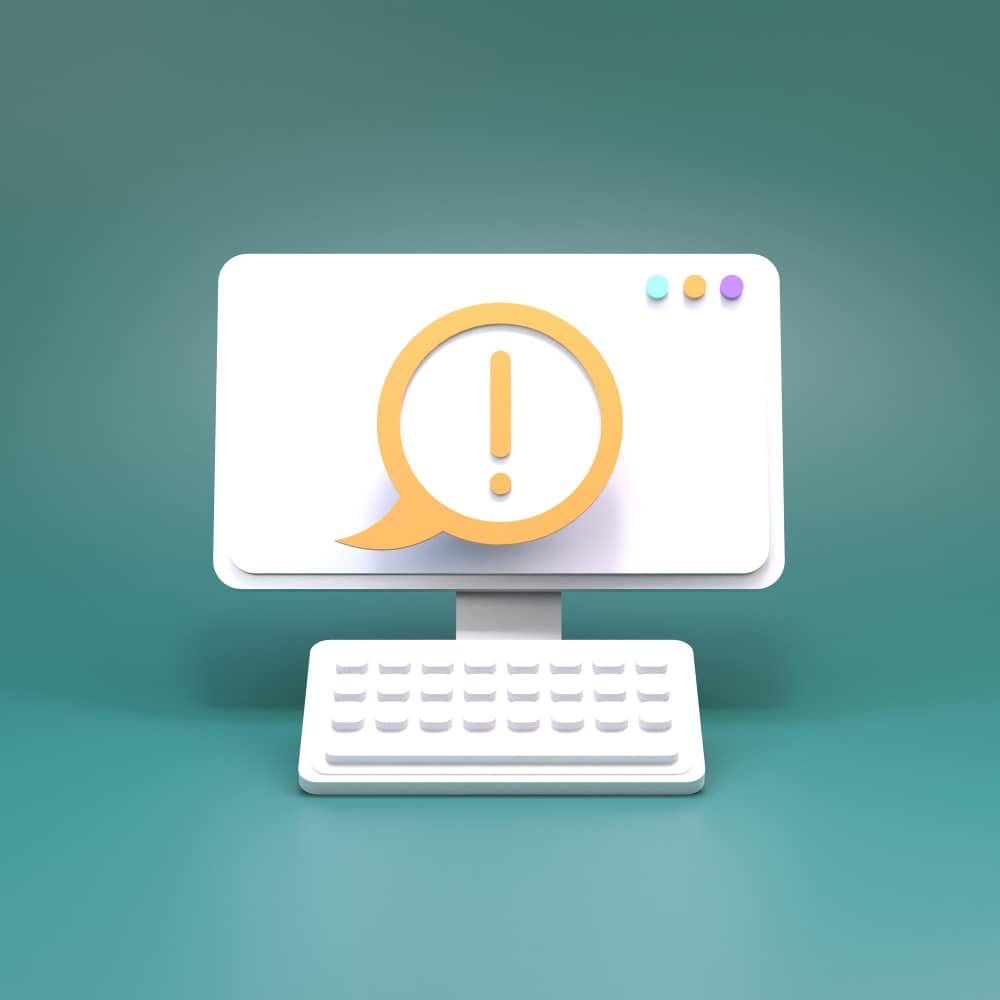
Elon Musk, the world’s richest man
Elon Musk, the world’s richest man is a hair's breadth away from purchasing one of the world’s most influential publishing platforms. That statement alone is remarkable. What’s actually disturbing about his deal to buy Twitter Inc. is the next part: He will be accountable to no one but himself.
Musk can dissolve Twitter’s board when he takes the company private. If he doesn’t, any board that remains probably won’t have teeth. That’s nothing new in tech, where checks and balances are often passé. Even so, that trend is having increasingly damaging repercussi
ns.
Big Tech founders like Mark Zuckerberg and Alphabet Inc.’s Sergey Brin and Larry Page have fashioned themselves as modern-day autocrats of business, thanks to the way they have structured their initial public offerings and voting shares over the past decade.
Zuckerberg owns the majority of Meta Platform Inc.’s voting shares, while billionaires Brin and Page control 51% of a special class of voting shares of Alphabet, giving them ultimate control of Google and YouTube. This dual-class share structure is unusual in business but common in the tech world, thought to give startup founders
freedom to execute their long-term vision. The founders of Airbnb Inc. and Snap Inc. both have about 44% voting control of their respective companies thanks to dual-class structures. And while Musk owns just 20% of Tesla Inc., his board is stacked with longtime friends like Larry Ellison and Kimbal Musk, Elon Musk’s brother. Zuckerberg’s board also has largely done his bidding over the years
All of this runs counter to modern ideas of corporate governance, which hold that strict accountability is a good thing. Without those checks, tech leaders are free to make capricious decisions, according to David Yoffie, a leadership professor at Harvard Business School, who spent close to three decades on the board of Intel Corp.
Sometimes, those decisions can be good for business. For instance, when Mark Zuckerberg bought Instagram for $1 billion in 2012, the tiny target had no revenue — and he didn’t ask his board for permission. Seven years later Instagram was contributing $20 billion to Facebook’s annual sales
But look at it another way. Multiple studies have shown that the rise of Instagram, under Zuckerberg's stewardship, has correlated with higher rates of depression, anxiety and suicide among teenagers and teen girls in particular. The site has made oodles of money but also caused psychological damage to children and adults, which Facebook’s own research has corroborated.
Maybe it’s just hard to remember your obligations to make money when you’re a billionaire. Maybe when you’re in an industry that idolizes visionaries, it’s easy to get lured into chasing the realization of your ideological or futuristic worldview. Maybe the billionaires who control today’s social media platforms actually need stricter checks and balances.





































